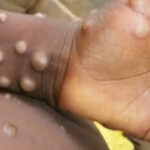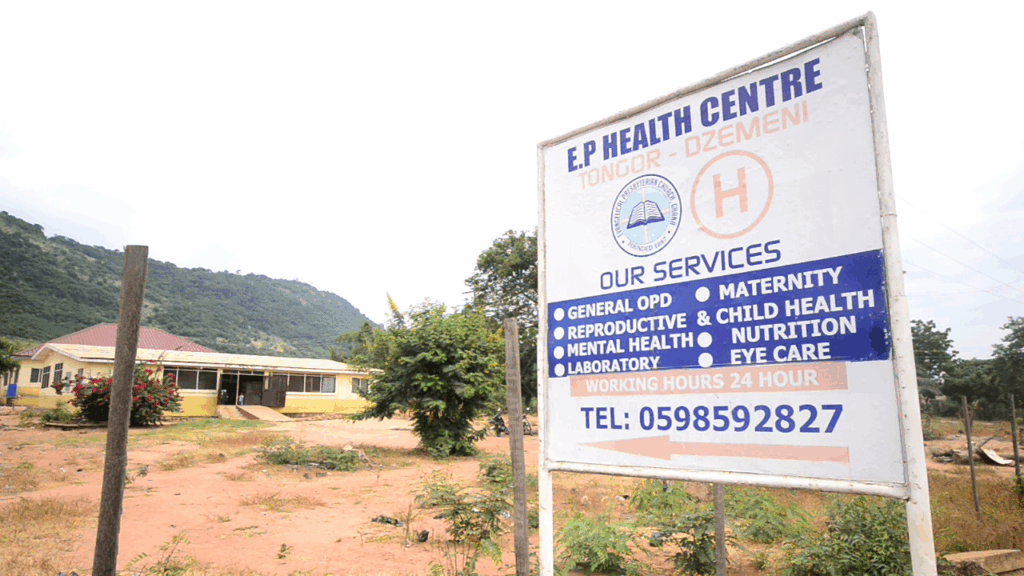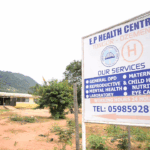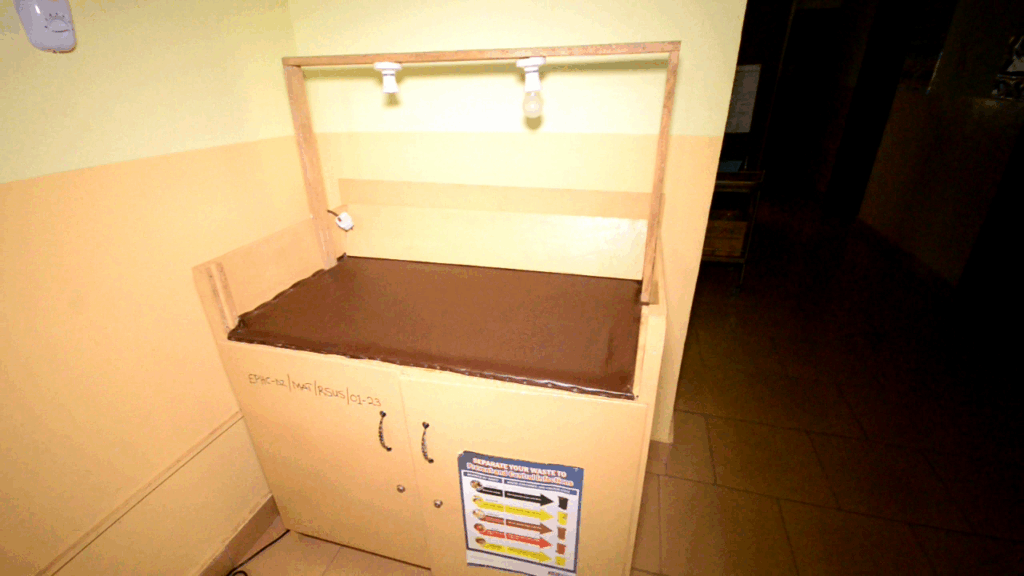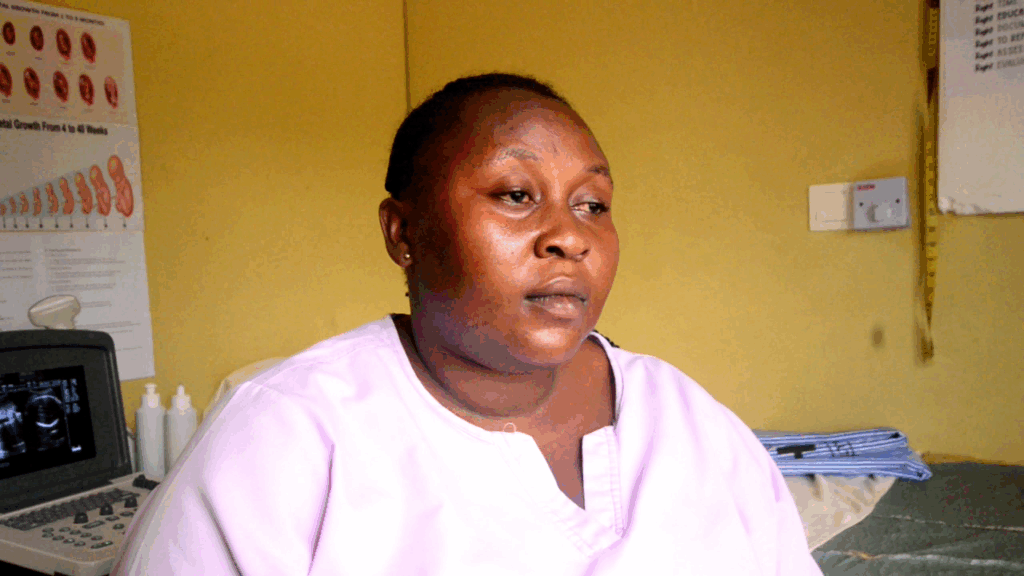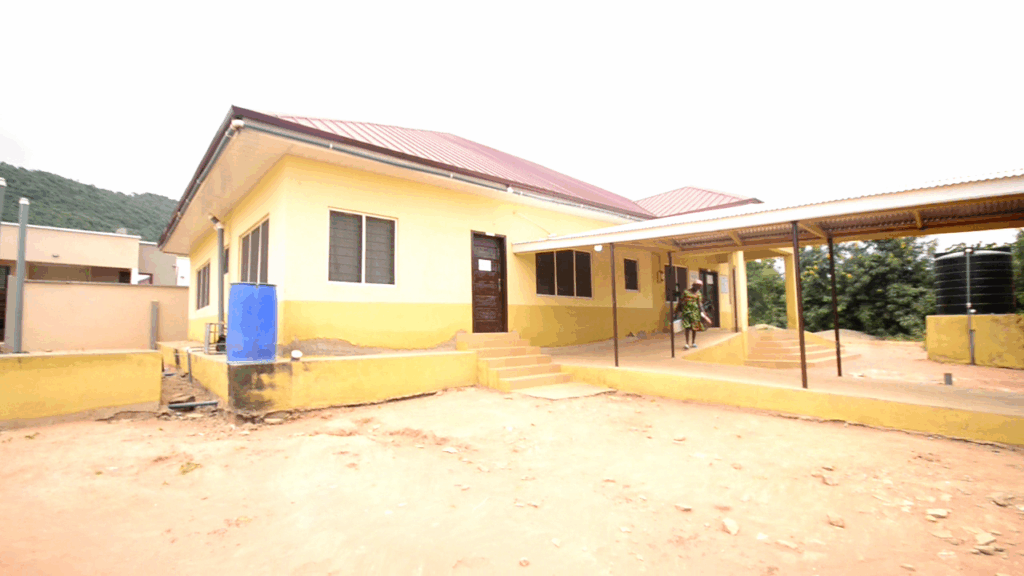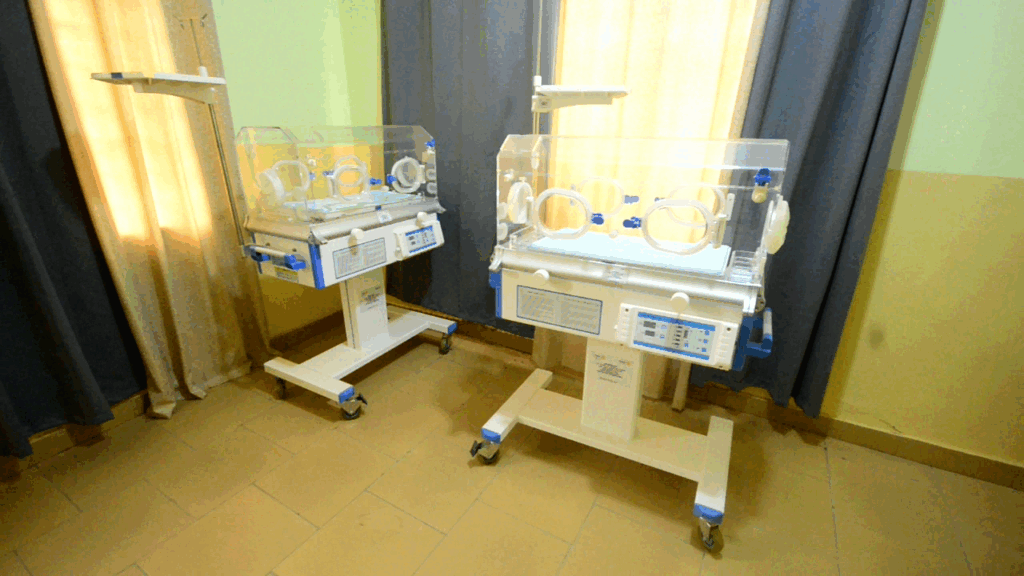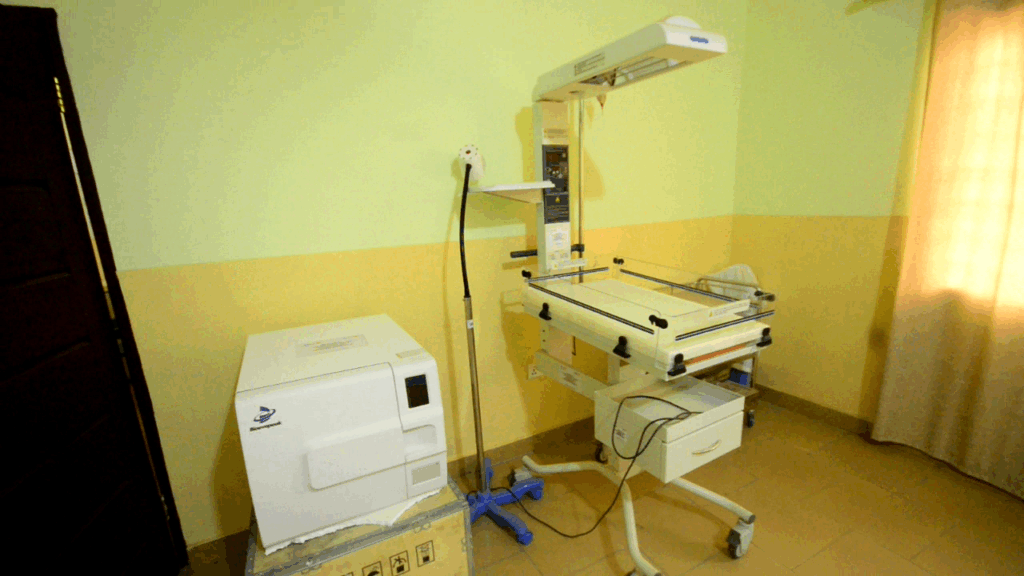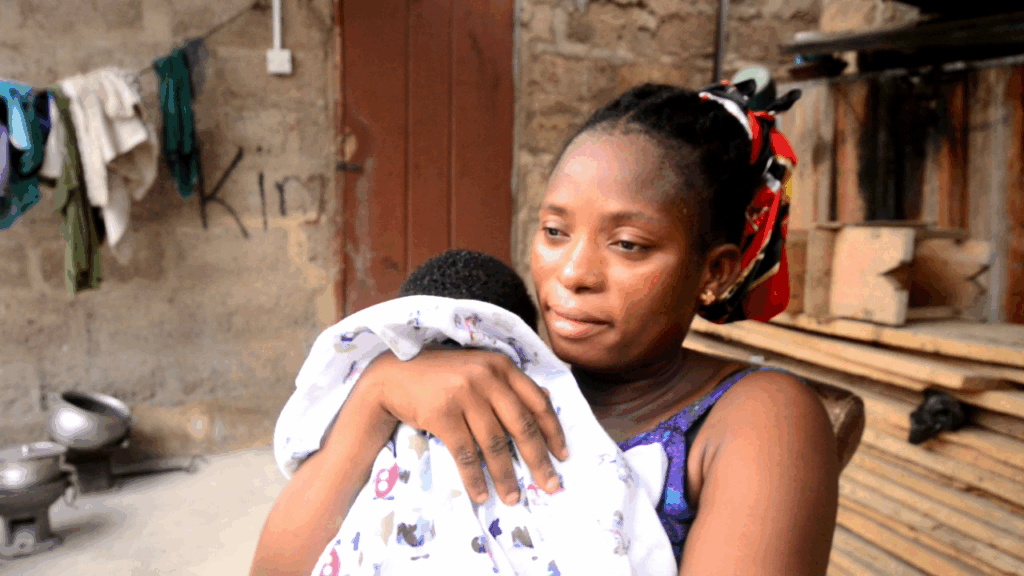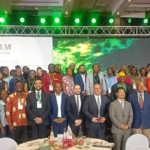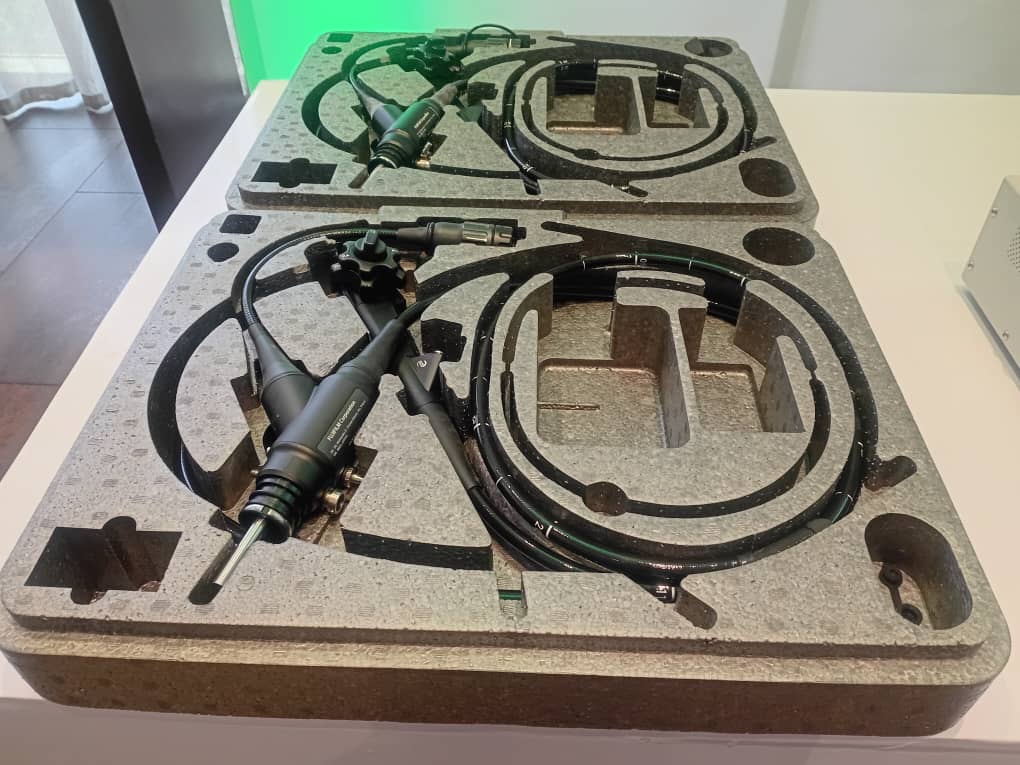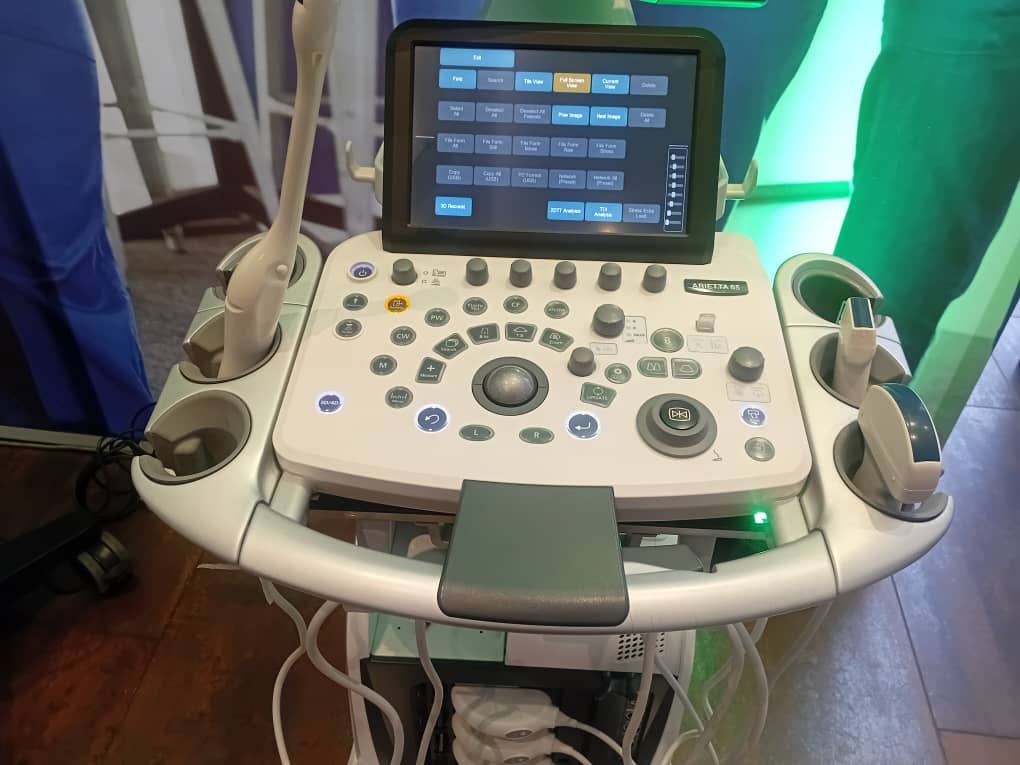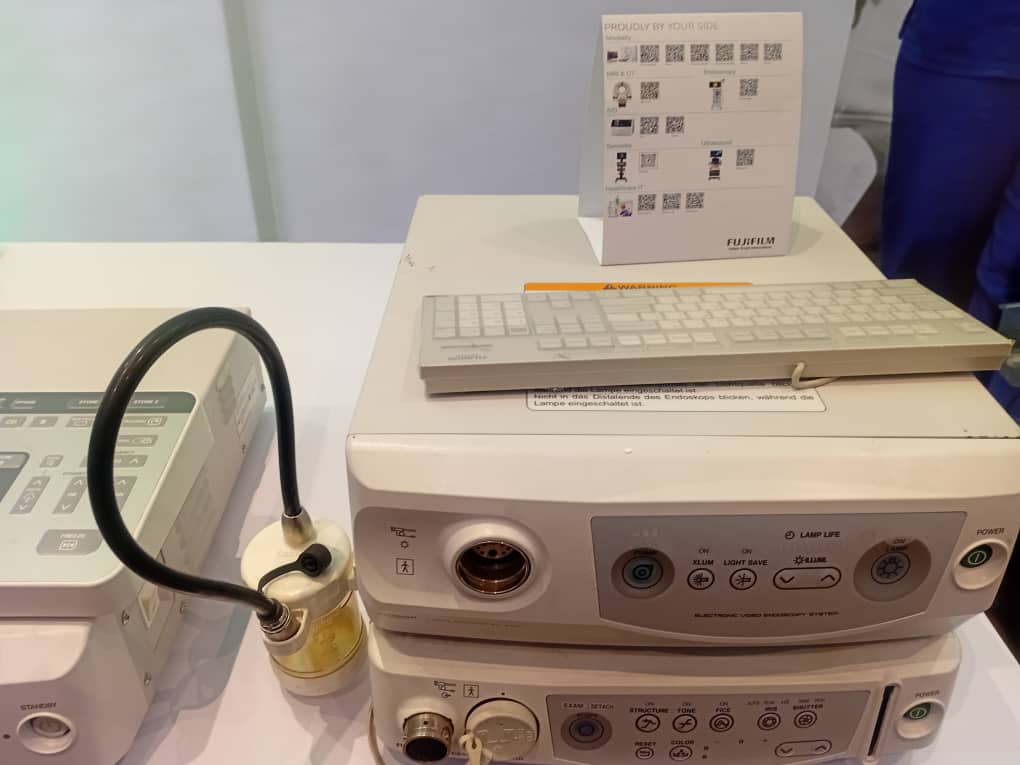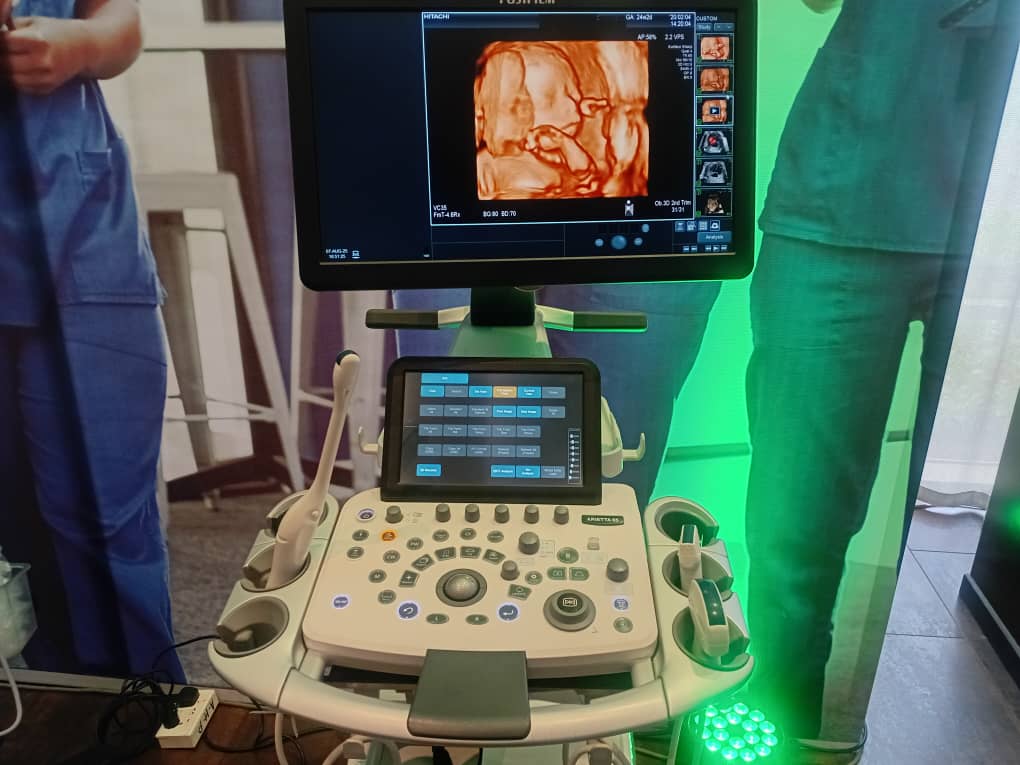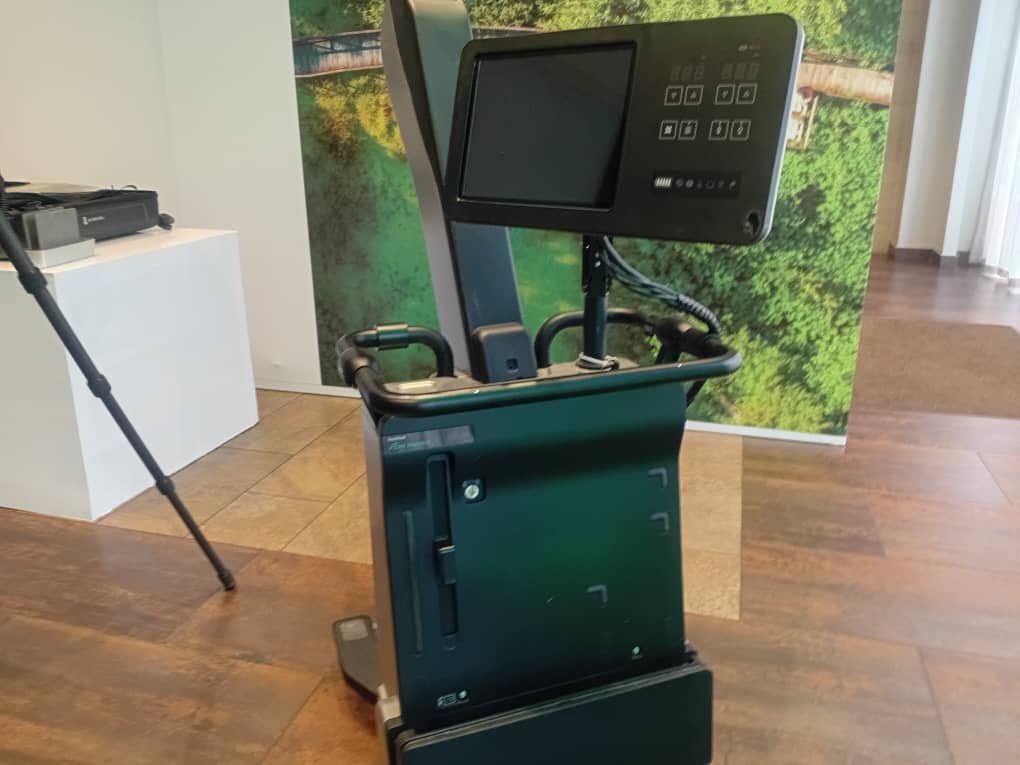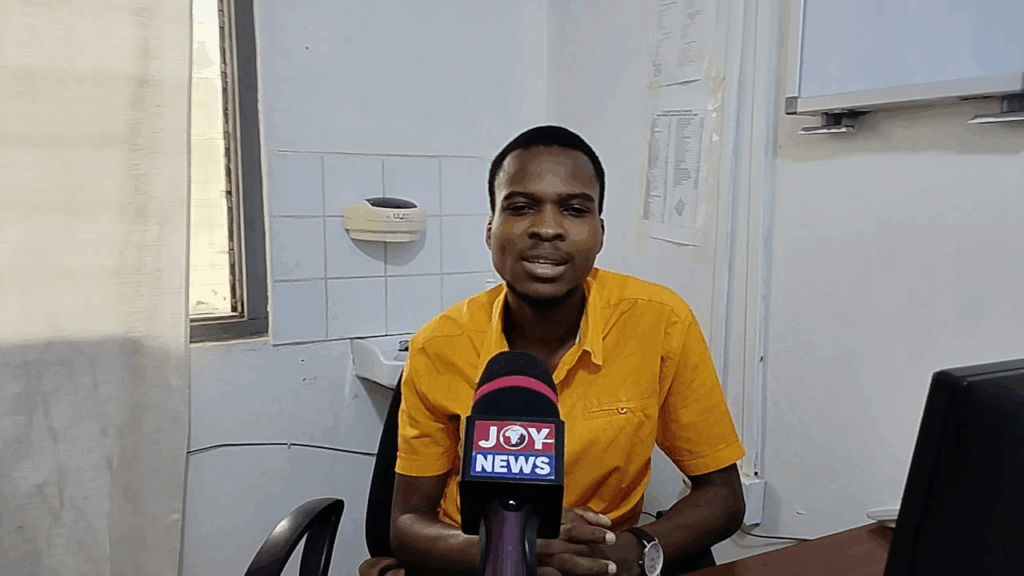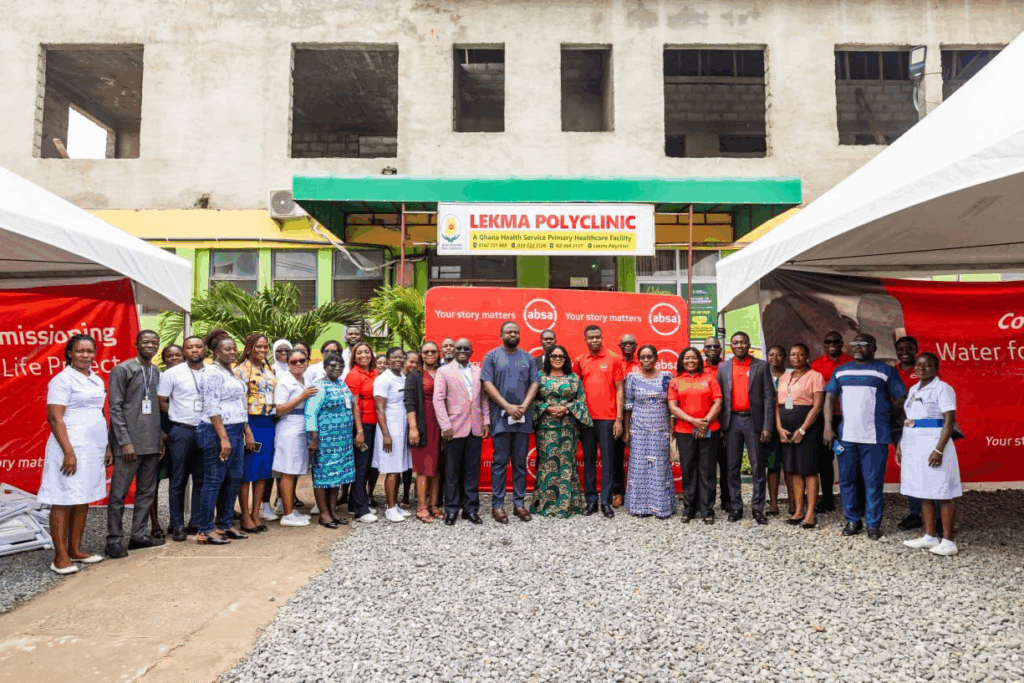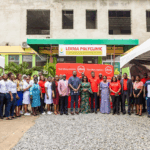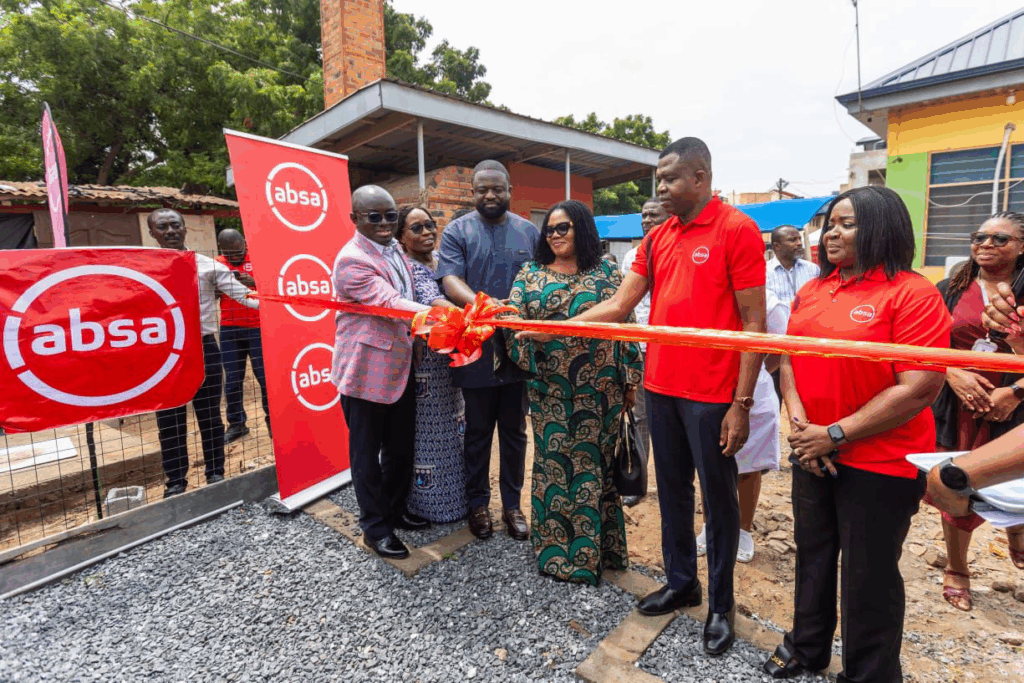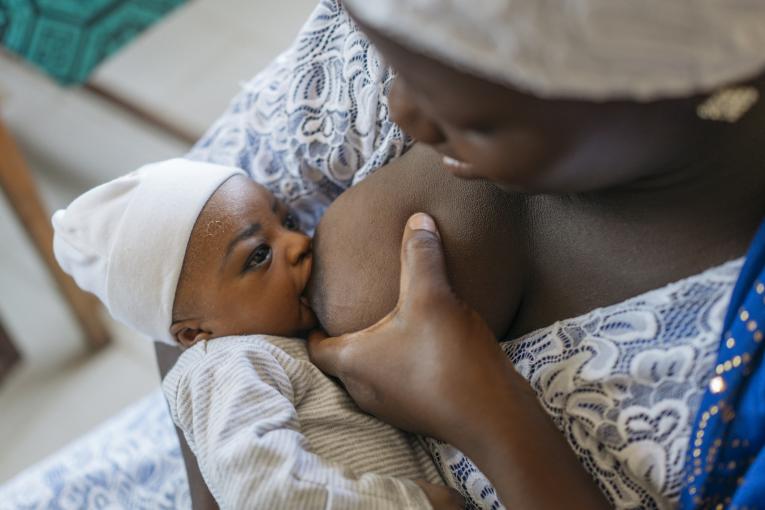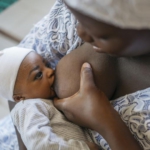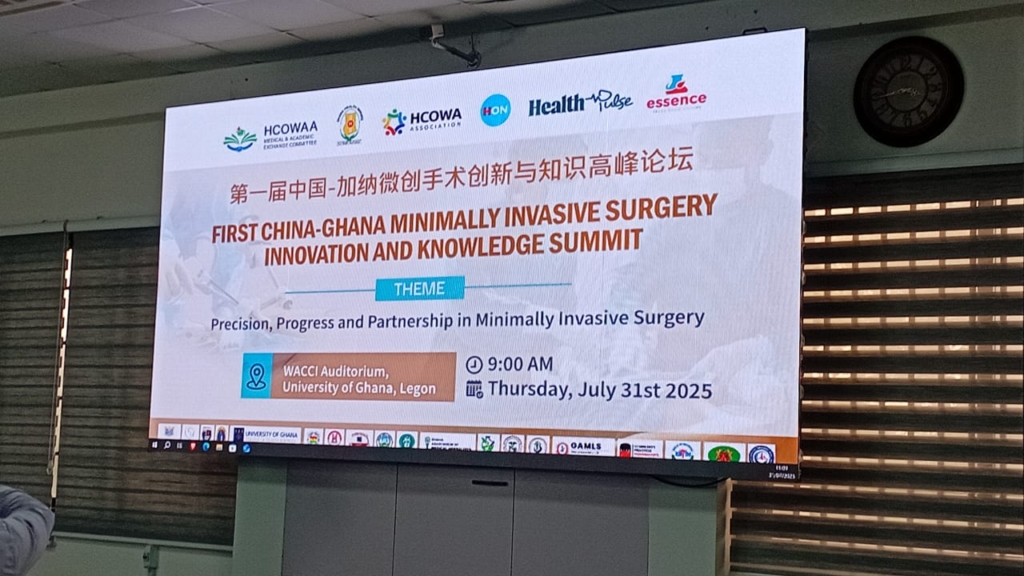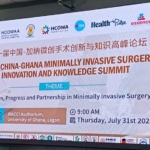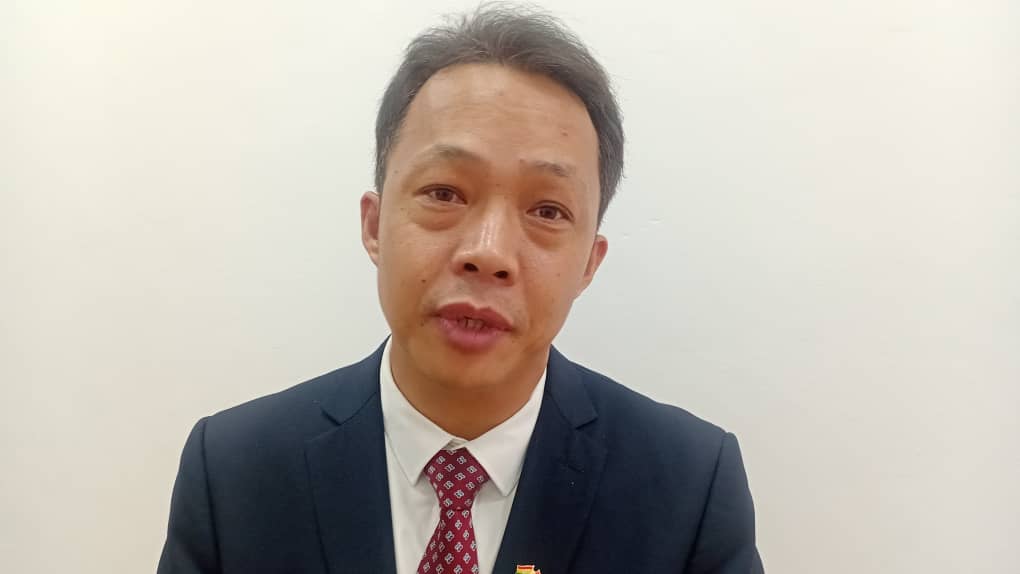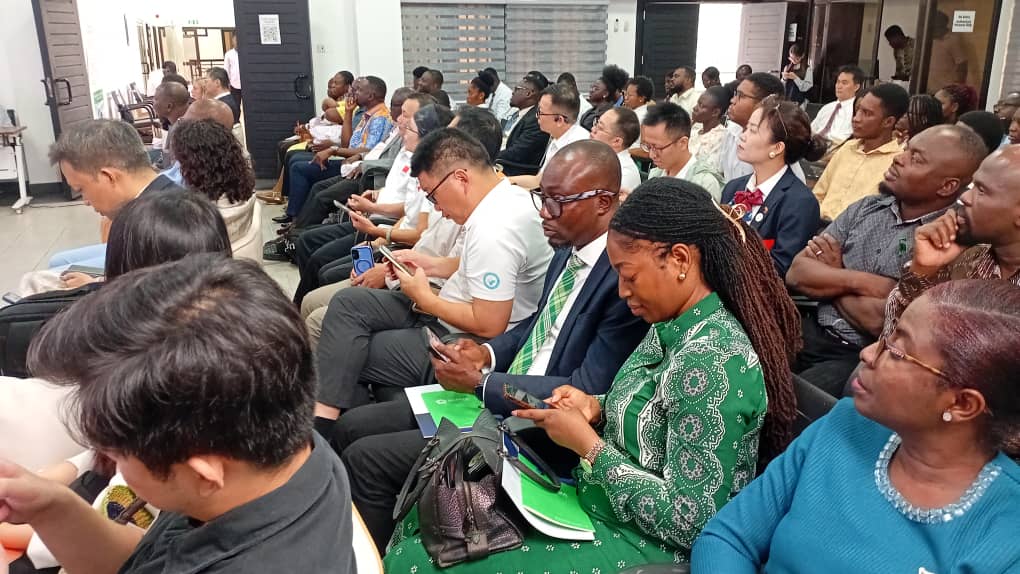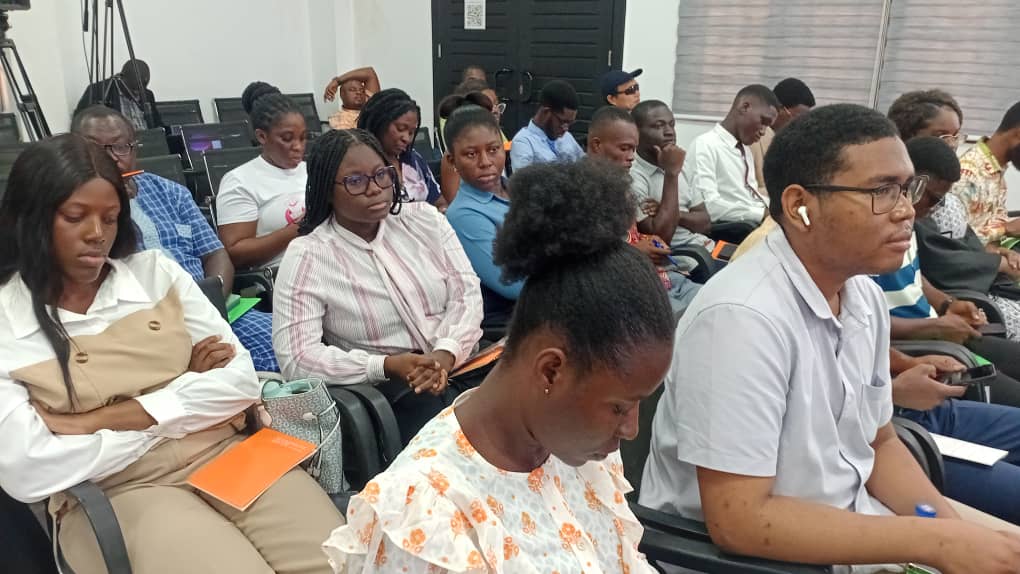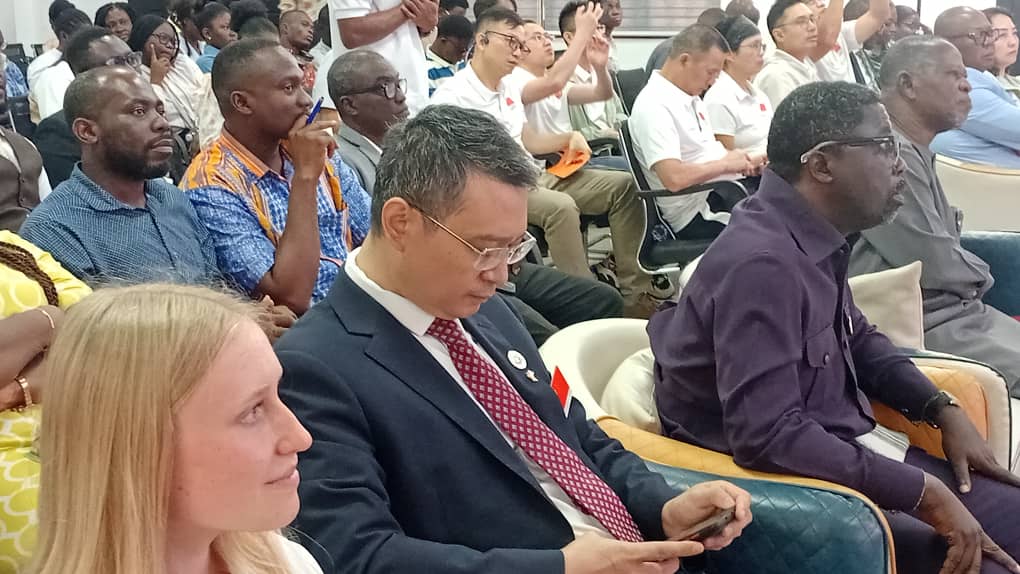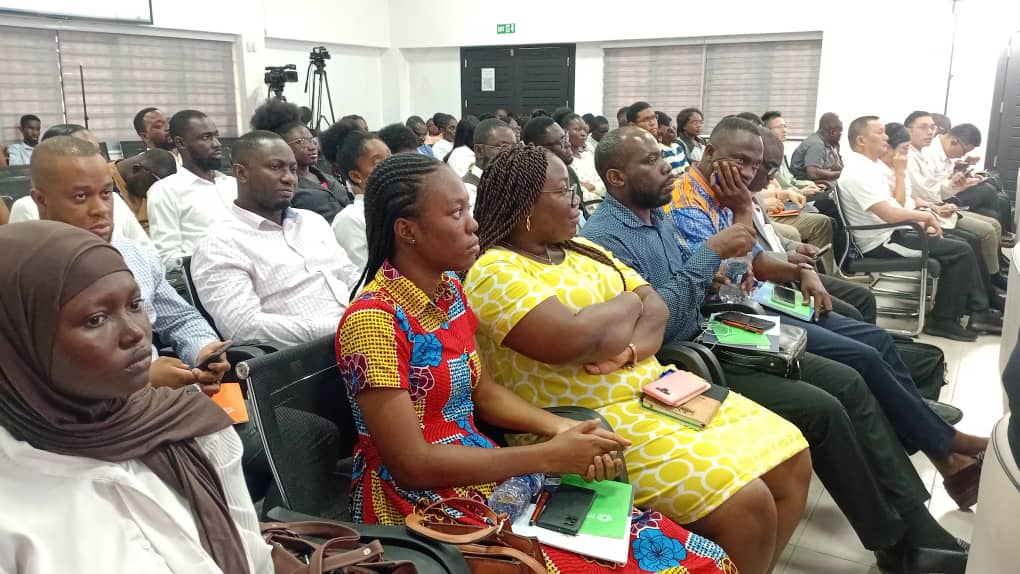
The long-stalled redevelopment of the La General Hospital is set to be completed “in two years”, well before 2028, the Member of Parliament (MP) for La Dade-Kotopon, Rita Naa Odoley Sowah, has assured.
The MP affirmed the government’s commitment to finish the project during a site visit today by a JoyNews team, where she provided an update on the progress of the long-awaited healthcare facility.
The La General Hospital, a critical healthcare hub for the community, was demolished in 2020 to make way for a new, modern 164-bed facility.
However, the project has faced significant delays, becoming a source of frustration for residents who have been forced to travel to other hospitals for basic healthcare services.
During the site visit, the MP, who now serves as the Deputy Minister for Local Government, Chieftaincy, and Religious Affairs, explained the bureaucratic processes that have slowed down the project’s progress.
“When there’s a new government, you have to look into documents of the old government to continue whatever projects are supposed to be done or whatever projects are ongoing,” she said, highlighting the administrative transition that followed the change in government.
She revealed that she has been in close contact with the Minister of Health, who has assured her that the necessary “certificates have been raised” and are currently being processed at the Ministry of Finance.
“He has assured me that the certificates are at the Ministry of Finance and it’s been worked on,” she noted.
A key part of the process, she explained, is conducting site visits to “ascertain the fact that the work that they claim they have done, they have really done to that level.”
The MP expressed confidence in the project’s completion, citing the strong working relationship she shares with the Minister of Health.
“I’ve been in touch with the Minister, like I said, to the extent that I even wrote to him to ensure that he will not forget us,” she stated.
When pressed for a timeline for completion, the MP provided a firm and optimistic projection.
“So the work was not [stalled]. When we came into power, work was ongoing. Like I said, they raised certificates and so the certificates are yet to be on it. And so I believe in two years’ time, since we are at about 30% work done so far, yes, so I believe in two years’ time, it should be completed so that we’ll be able to use the health facility and it will not go to 2028, believe you me,” she said.
The MP’s new assurance suggests a renewed push to expedite the construction, which is currently reported to be at around 30% completion.
The La General Hospital project is a vital component of the government’s infrastructure development agenda, particularly in the health sector.
The new facility is designed to include a five-story Outpatient Department, inpatient wards, maternity and neonatal services, a surgical unit with four operating theatres, and a modern accident and emergency department, among other key services.
The project’s completion is expected to significantly ease the burden on other major hospitals in the Greater Accra Region, such as the Ridge Hospital and the Korle-Bu Teaching Hospital, which have been serving the community in the absence of the La General Hospital.
The MP concluded by referencing the new administration’s commitment to healthcare.
“We have a father who cares. That’s why we are coming up with the Mahama care to ensure that there’ll be healthcare for all citizens of Ghana,” she said, linking the project’s renewed progress to the government’s broader vision for universal healthcare.
